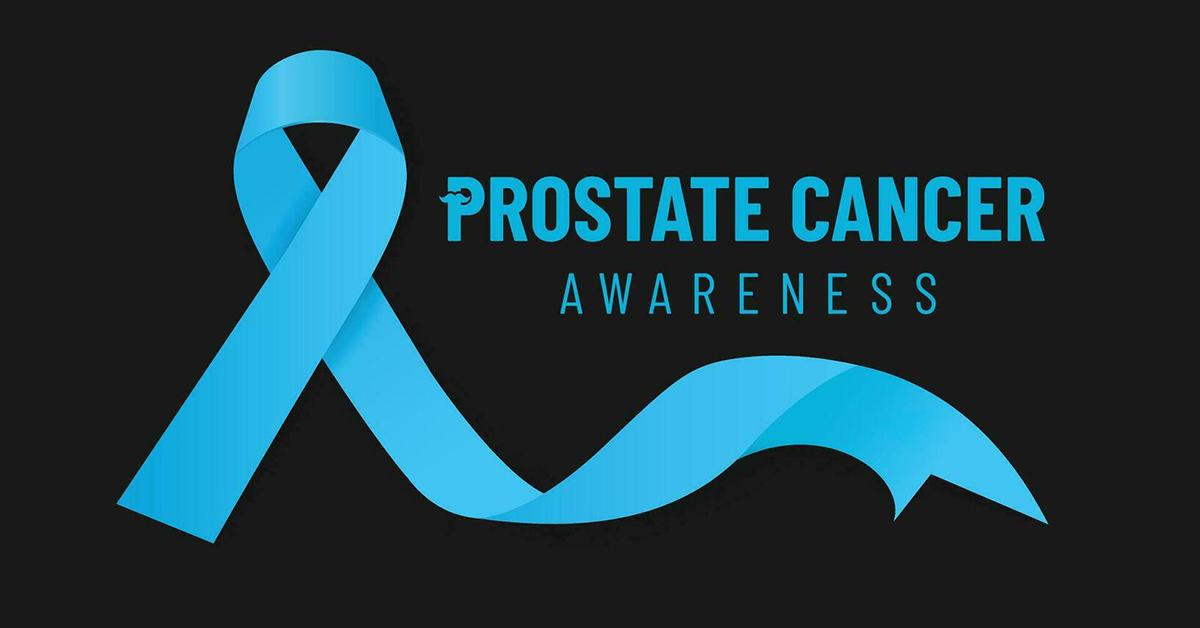Prostate cancer is the most common cancer affecting Aussie blokes. More than 26,000 men were diagnosed across the country last year alone.
Here in South Burnett, seeing a doctor can take weeks, and getting scans means a long drive to Toowoomba. But early detection makes all the difference—and that starts with a simple blood test.
New national guidelines are encouraging men to start screening earlier, especially those at higher risk. It’s time to speak up, get checked, and look out for each other.
Why It’s Tougher in the Bush
In South Burnett, getting a health check isn’t always easy. It can take up to two months just to get a GP appointment. And if you need an MRI scan, you’ll need to head all the way to Toowoomba—because Kingaroy Hospital still doesn’t have one.
Only a small number of local men over 50 get regular prostate checks. And country blokes are more likely to die from prostate cancer than men in the city. The delay in diagnosis is costing lives.
It’s even harder for Indigenous men. Many feel uncomfortable in clinical settings, and travel or trust can be barriers. “A clinic can feel like a foreign place,” says Uncle Colin Langford from Cherbourg. “We need spaces where our mob feels safe to talk health.”
New Guidelines, New Hope
In April 2025, the Prostate Cancer Foundation of Australia (PCFA) released draft guidelines to help catch cancer earlier. They recommend men start talking to their GP about a prostate blood test as early as age 40.
For men aged 50 to 69, the advice is to get tested every two years. Those over 70 can still benefit too—it just depends on their health. For Indigenous men and those with a family history of cancer, earlier and more frequent checks are even more important.
The guidelines also support a newer type of scan called an mpMRI, which can help avoid invasive procedures like biopsies. But for rural areas, wait times remain an issue. “These changes are progress,” says urologist Dr. Mark Frydenberg, “but in places like Kingaroy, getting an MRI can still take weeks.”
Stories That Hit Home
“I thought I was tough as nails,” says Bob Holden from Kingaroy. “I had no symptoms and felt fine at 51. But a routine blood test found the cancer early—and that test saved my life.”
Not everyone’s so lucky. Nanango farmer Barry K. shares his story: “Blokes here don’t talk health until something’s really wrong. I waited too long, and it spread. Don’t be like me—get checked.”
Dr. Sarah Lewty from Murgon Medical Centre puts it plainly: “One honest chat can save a life.” And Uncle Colin adds, “For our mob, it’s about trust. Programs like Deadly Choices help us feel like health care belongs to the community.”
Where to Get Help
Here are some local options to make it easier to get checked:
- PCFA Men’s Health Roadshow: Free prostate checks in Wondai on November 15, 2025. Details at pcfa.org.au.
- Telehealth Services: Kingaroy Hospital offers bulk-billed phone or video consults with a urologist. Call 07 4162 9300.
- Deadly Choices: Health checks in culturally safe spaces for Indigenous men. See deadlychoices.com.au.
- Kingaroy Men’s Shed: Come along to the monthly “Blokes’ Health Breakfast” for a feed and a friendly chat with local GPs.
- Need to talk? Call PCFA (1800 22 00 99) or Queensland Men’s Health Line (1300 642 111).
- Find services near you: Visit southburnett.qld.gov.au/health.
Don’t Wait—Have the Chat
If you’re over 40—especially if you’re Indigenous or have a family history—ask your doctor about a prostate blood test. And if you’re a mate, partner, daughter, or mum—nudge the men in your life to get checked. A quick yarn at the pub or footy club might just save a life.
South Burnett, This Is Our Fight
Prostate cancer doesn’t wait. And neither should we. The new guidelines, community programs, and real stories from locals like Bob and Barry show that early detection can make all the difference.
One conversation, one test—could save your life.
© 2025 South Burnett Advocate (kingaroy.org)
